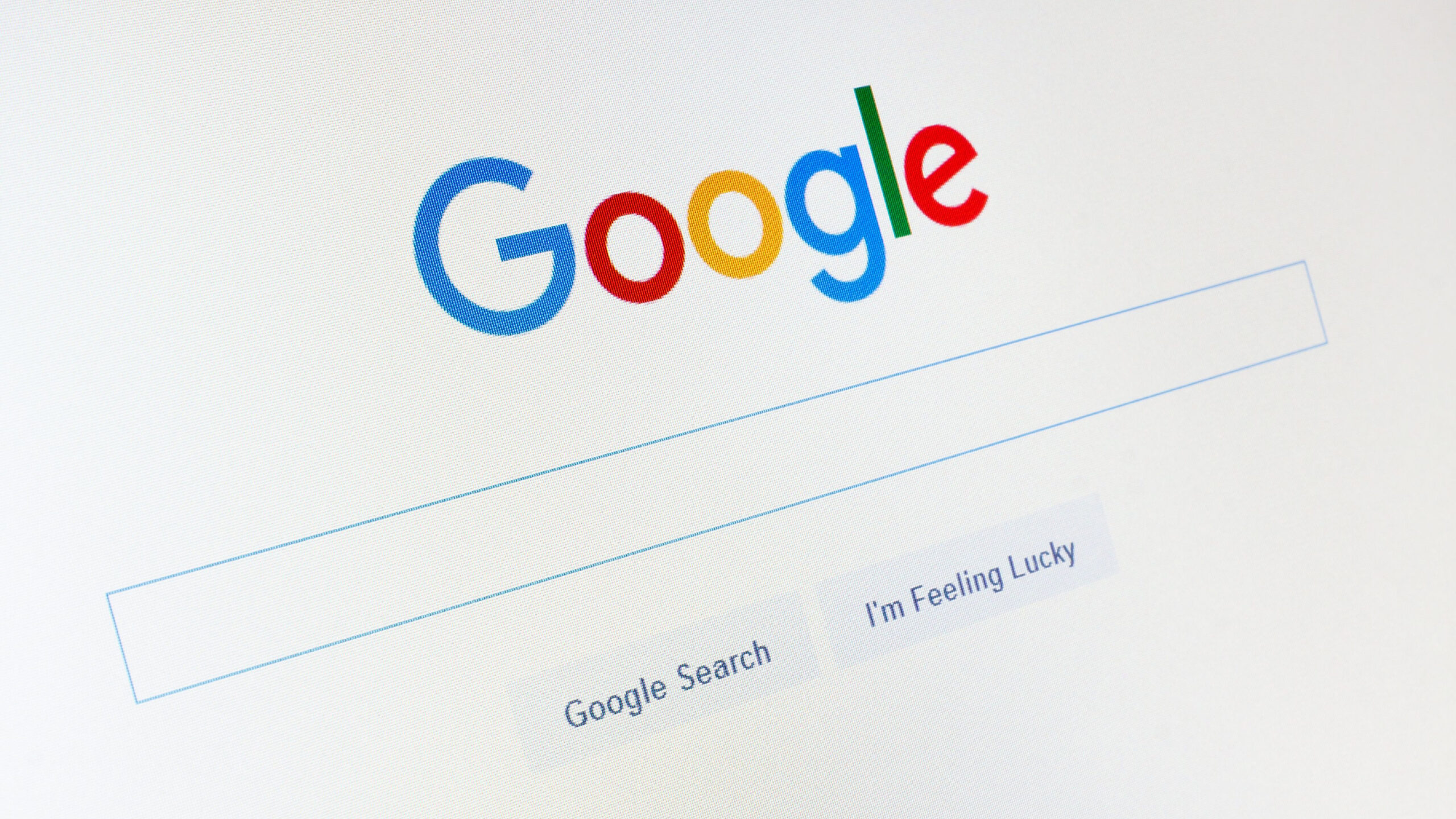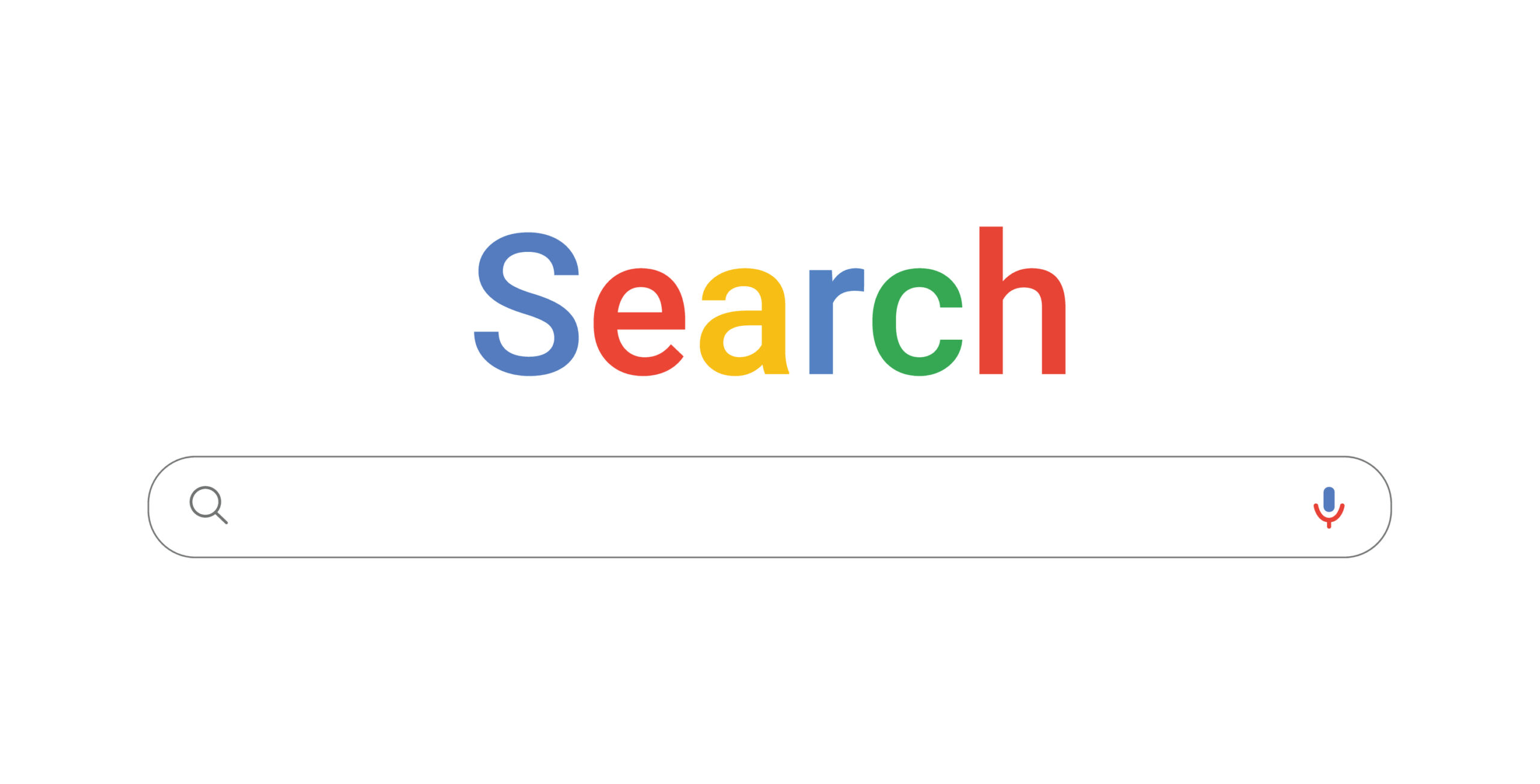Improving Patents by Crowdsourcing the Prior Art Search
One of the continuing problems with patents is that overworked examiners grant them to applicants notwithstanding prior art that demonstrates they are unworthy of protection. Examiners lack the time to conduct exhaustive searches, and applicants have no obligation to do so. As a result of this resource asymmetry, patentees acquire exclusive rights on ideas in the public domain. The ability for members of the public to submit pre-issuance prior art was one of the few concrete gains in the America Invents Act.** (Pub. L. No. 112-29, Sec. 8(a)). The provision permitting third party submissions is 35 U.S.C. §122(e), which just came into effect on September 16, 2012, exactly one year after the America Invents Act was signed.
To implement this requirement, the U.S. Patent and Trademark Office partnered with New York-based Stack Exchange, who is also behind the popular programmer-Q&A site, Stack Overflow, and Google’s Patent Search project. The new site, Ask Patents, builds on a previous crowdsourcing/peer review project widely regarded as successful, known as Peer-to-Patent. While American Invents largely failed to reform the patent system, Congress should be credited for attempting to reduce the risk of improvidently handing out a government-backed privilege to exclude to people who haven’t earned it.
As Stack Exchange’s blog post announcing the project notes:
Anybody who follows patent applications closely and who understands technology may have noticed something odd about a lot of the new patents: they don’t really seem like inventions. Really? They got a patent on that? I wrote that in eighth grade. In BASIC. On a TRS-80. Isn’t a patent supposed to be an invention?
Crowdsourcing information retrieval can ameliorate this problem. It may be that individual patent examiners will never have sufficient resources to fully respond the inflationary torrent of patenting occurring in the tech sector, but providing tools to draw on the ‘wisdom of crowds’ will assist in managing the deluge until our patent system is righted.
** In the context of “patents = innovation”, America Invents was an inaptly named piece of legislation, since the majority of U.S. patents are actually issued to foreigners. Americans do invent, of course, but quantitative patenting is not necessarily a good metric for measuring innovation in anything other than patenting practices.








